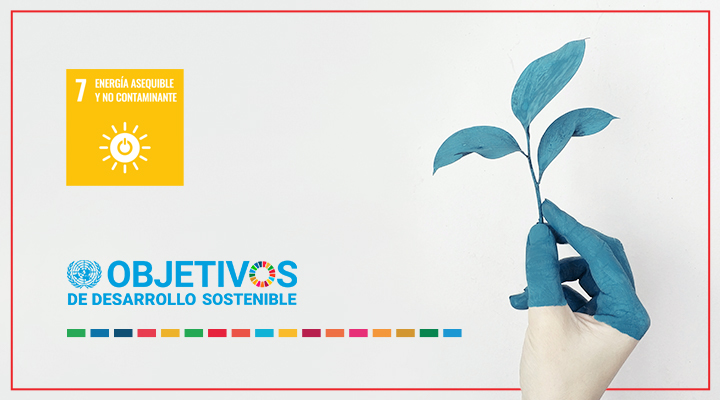Today, more than ever, the world depends on energy. However, we know that much of this energy is produced through environmentally unfriendly processes, so balancing the progressive energy dependence with the care of the planet has become one of the main challenges of the decade. The United Nations recognizes this in its Sustainable Development Goals for 2030, where it includes access to affordable, safe, sustainable and modern energy for all as a priority.
In Gradiant, we are sure that it will be the technology itself that will manage to reduce energy expenditure and, therefore, reduce the emissions resulting from its production. We believe that to achieve this, two basic technologies are necessary, which we have been working on for years. On the one hand, those related to connectivity and, on the other, those that use Artificial Intelligence as their main tool.
Connectivity
Thus, we are committed to implementing low-consumption communications systems, that is, focusing technological development not only on increasing the functionalities of these systems, but also on their energy efficiency. All this without neglecting one of the greatest challenges we face in this regard, that of ensuring the connectivity of the rural environment.
Just as the automobile industry has managed to multiply the power and technology of its products while considerably reducing emissions, the communications sector will continue to innovate while reducing the amount of energy required by devices.
Artificial Intelligence
The industrial sector, due to its business volume and production processes, is one of the sectors that consumes the most energy. We are aware that a large part of this expense can be reduced with the modernization of its systems. In this modernization, the energy optimization processes of industrial processes and the primary sector have a very important value. This is achieved by means of sophisticated Artificial Intelligence systems that take advantage of every kilowatt of energy and avoid waste to a large extent.
However, achieving so-called Green AI remains a major challenge. Although Artificial Intelligence can help optimize the consumption of all types of systems, AI as such already involves a very significant expense. In particular, deep learning processes require a large amount of energy, which with the standardization of Green AI will progressively become more sustainable processes.
In this way, we demonstrate how technology itself can help to reduce the energy consumption of industrial processes. In this way, the more we manage to optimize resources, the more sustainable and environmentally friendly production will be.



